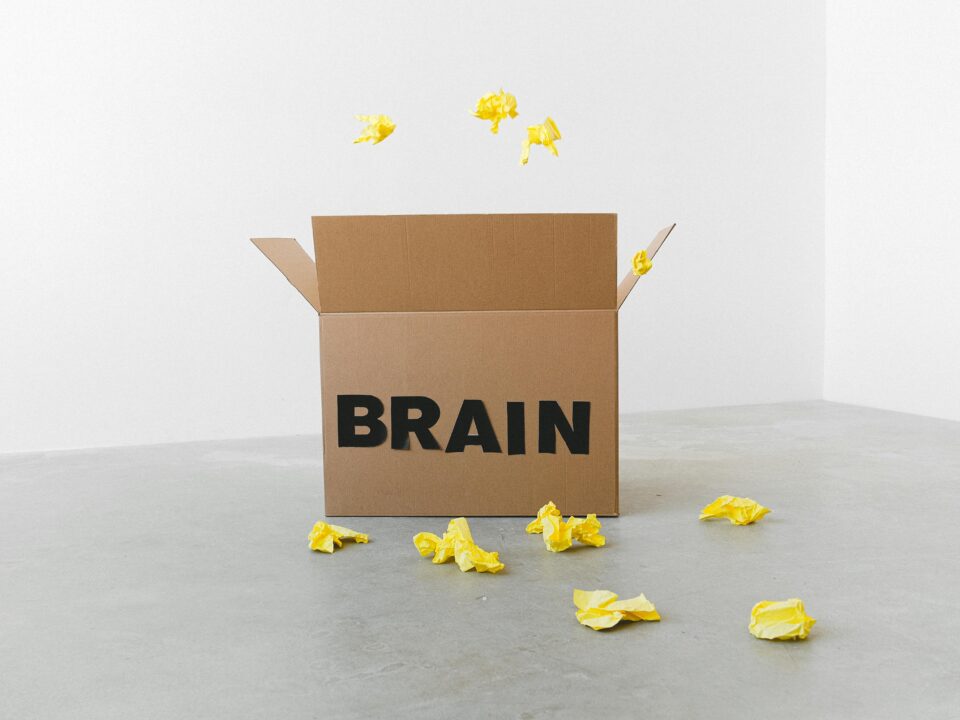Top 11 Tips for Someone with AD(H)D

Featured image by Jesper Sehested Pluslexia.com, flickr.com
Blog post updated on 25th April 2022
Here are our top 11 tips for living with ADHD including planning and organisation tips; exercise and relaxation tips; and cooking tips.
1) Use physical or digital versions of planners or calendars
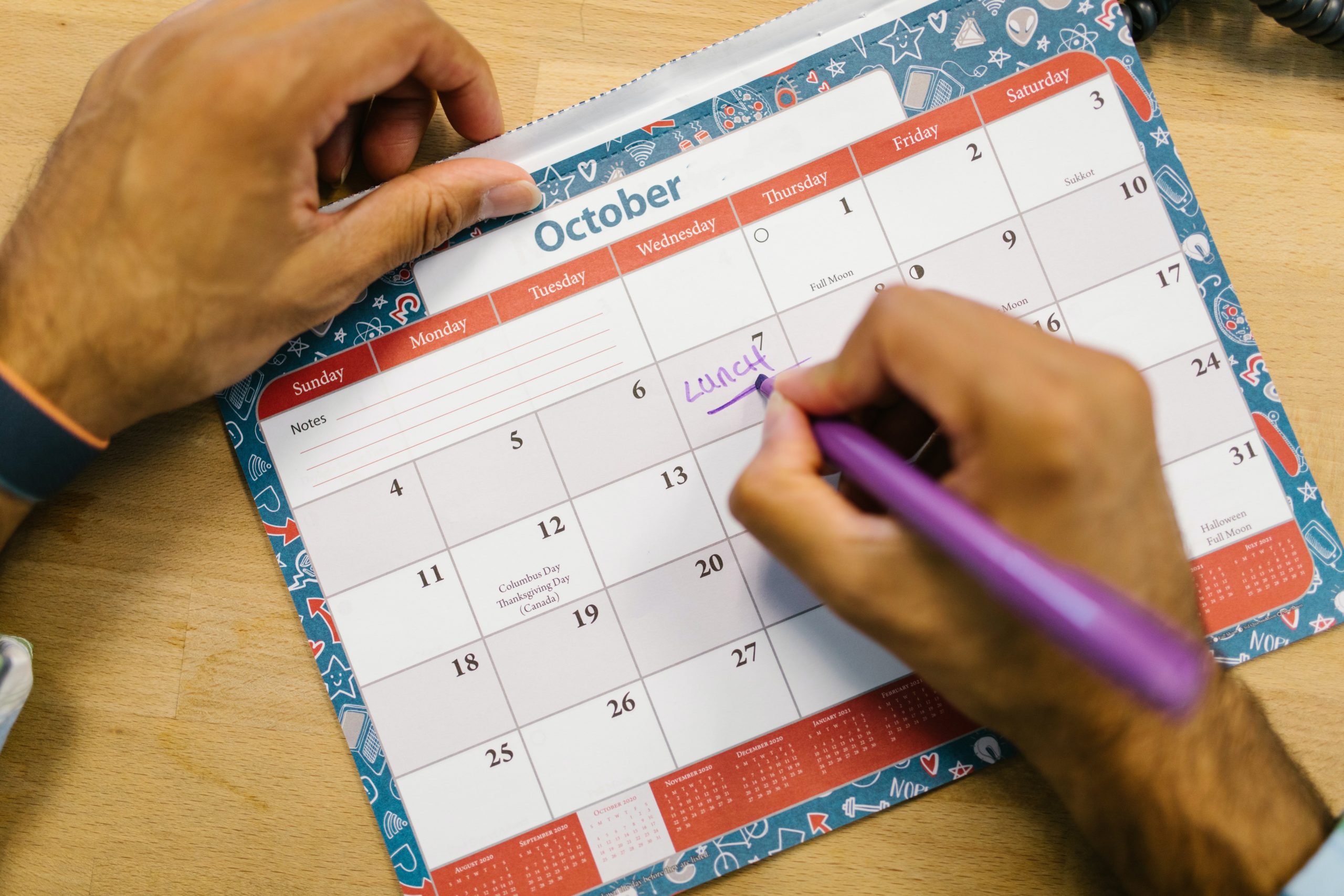
Image by RDNE Stock project, Pexels.com
These can help you keep track of appointments and deadlines of assignments whether you are working or studying. You can also set up automatic reminders for scheduled events.
2) Plan time for organising your desk if you are at work
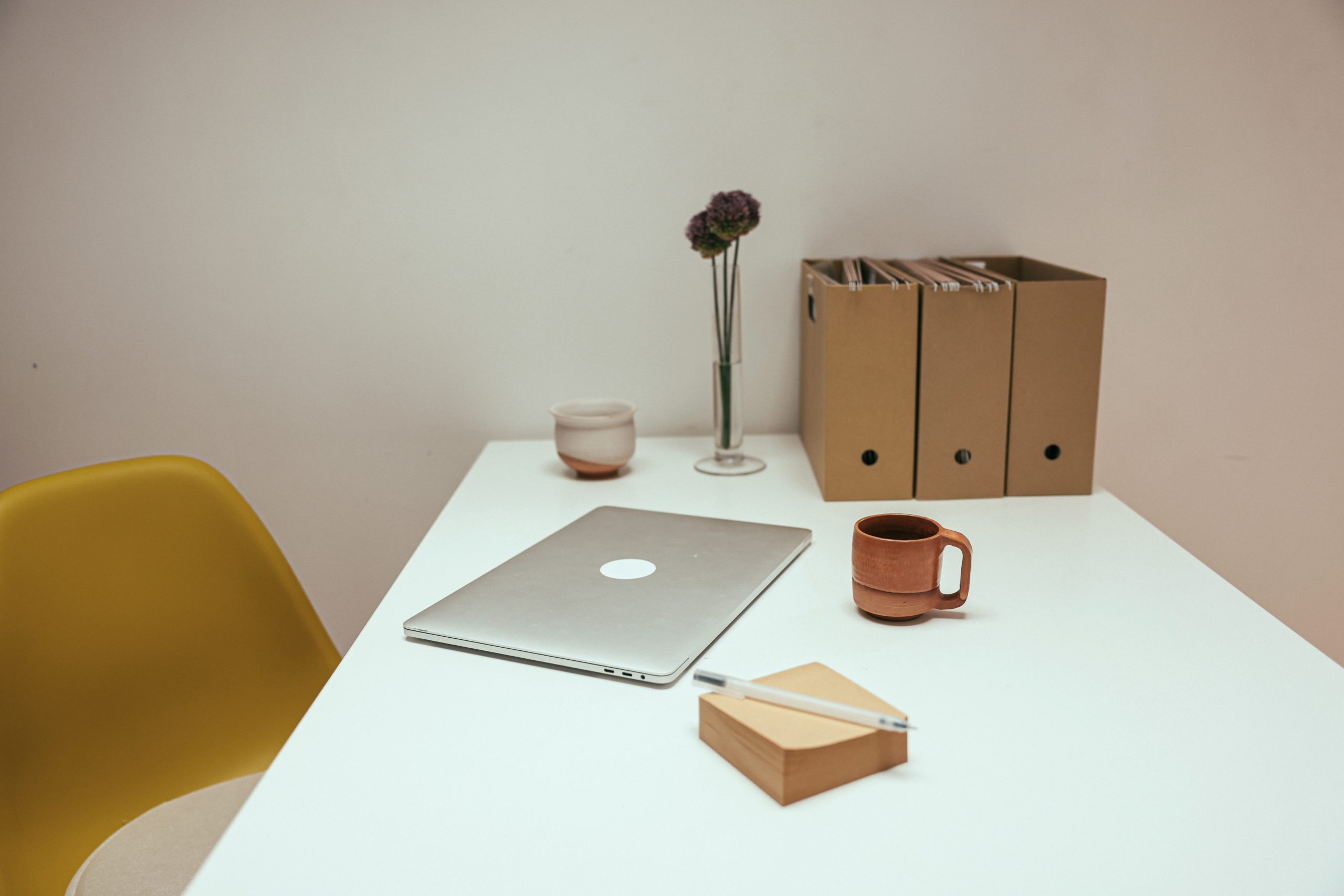
Image by Cup of Couple, Pexels.com
We recommend putting aside 5 – 10 minutes a day to organise your desk. Try storing objects in shelves or draws in your desk to minimise clutter.
3) Carry a card to alert others of your AD(H)D
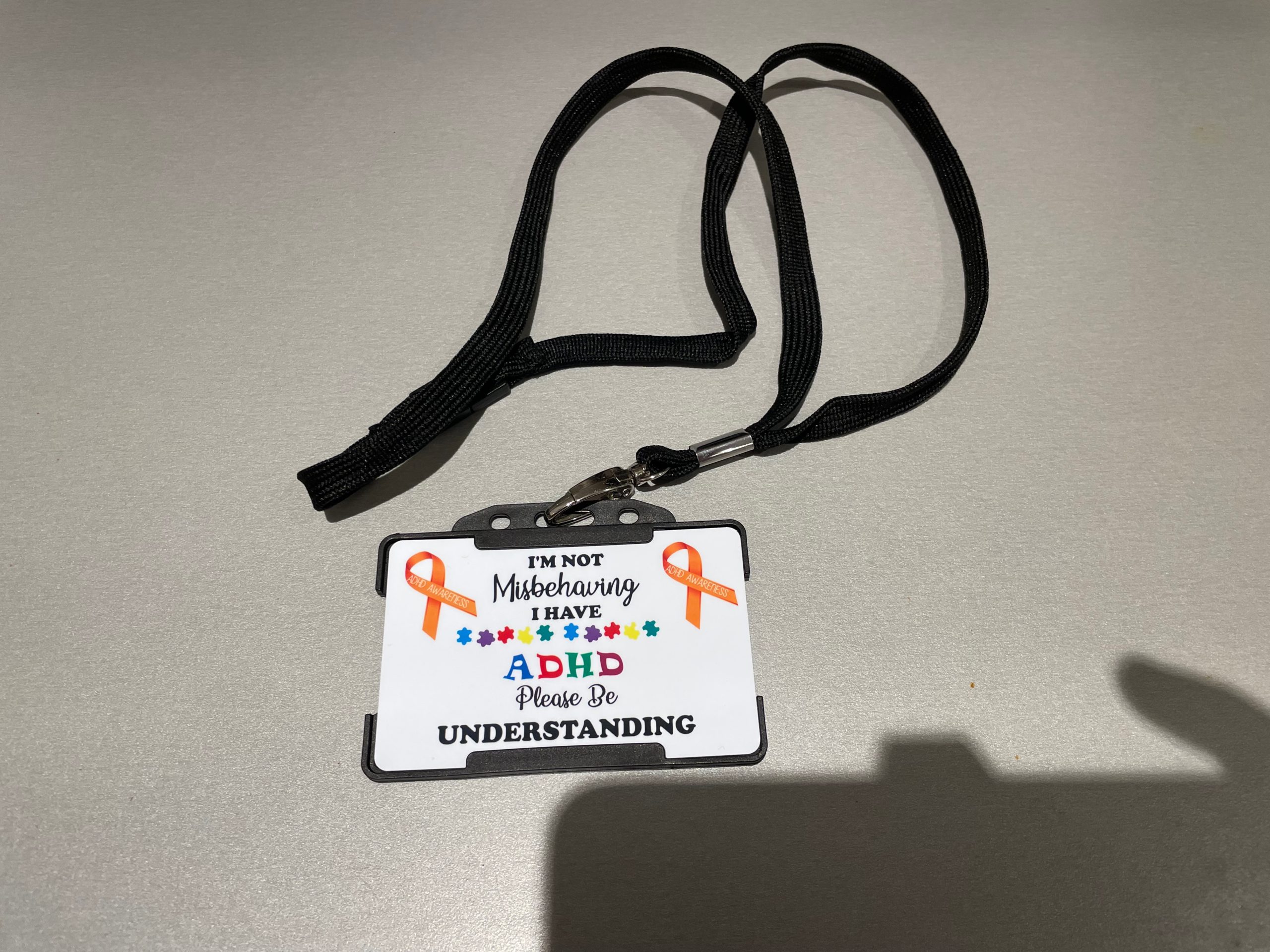
Image by April Slocombe
Like autism and dyspraxia, there are cards that you can purchase online to inform others of your AD(H)D. A good Etsy Shop to purchase them from is SapphireCardsLtd.
4) Switch off your phone
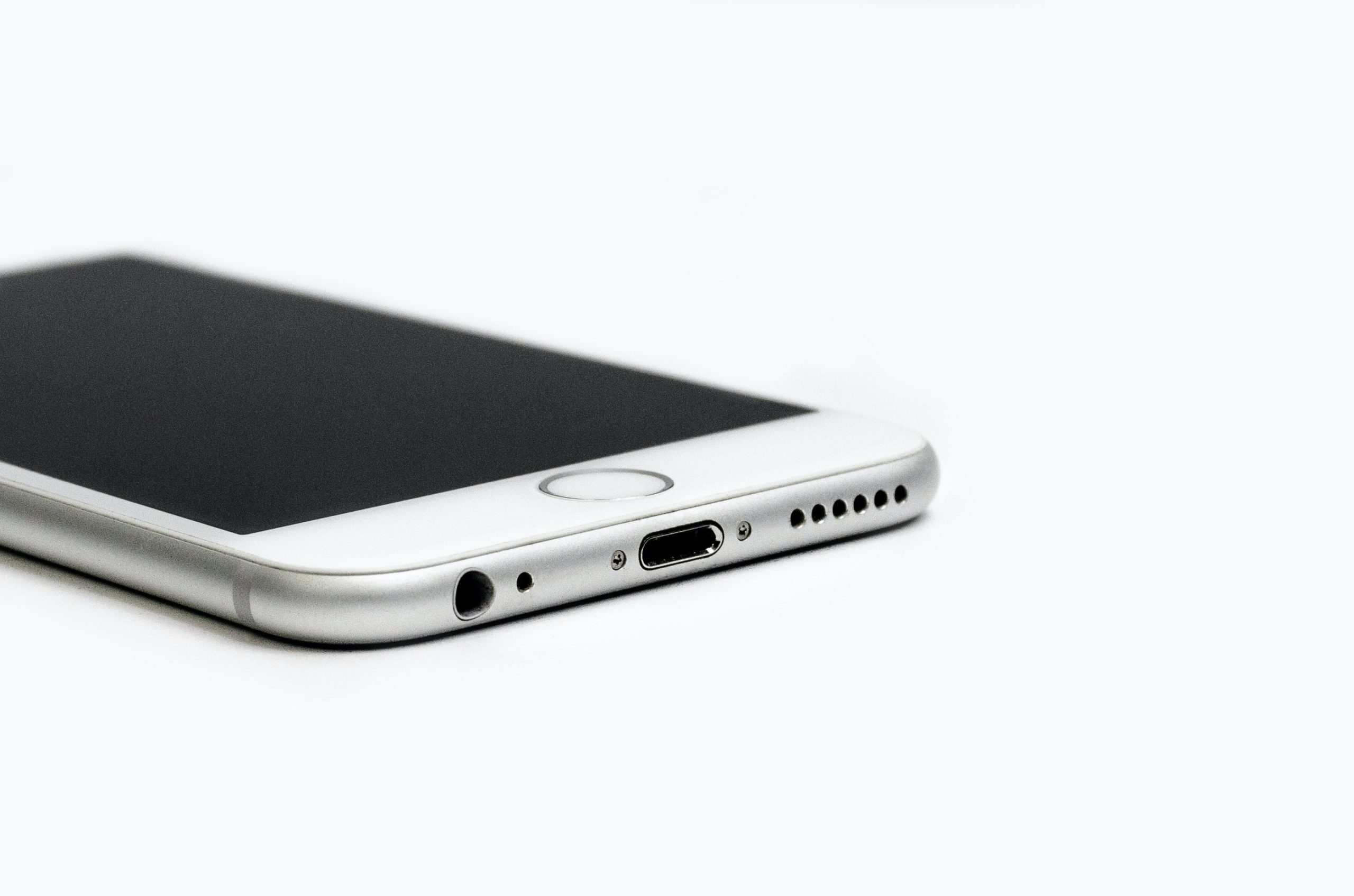
Image by Math, Pexels.com
Doing this whilst studying or working helps minimise distractions.
5) Explain your situation to family and friends

Image by Any Lane, Pexels.com
If you blurt things out or do impulsive things that appear to upset your family and friends, explain to them that you sometimes do these things without thinking about it. If someone tells them you’ve hurt their feelings, apologise to them.
You can also tell these people how you feel and explain how you deal with your AD(H)D. Leaning onto them for support and being open about your experiences can be very beneficial.
6) Exercise or practise relaxation and meditation techniques
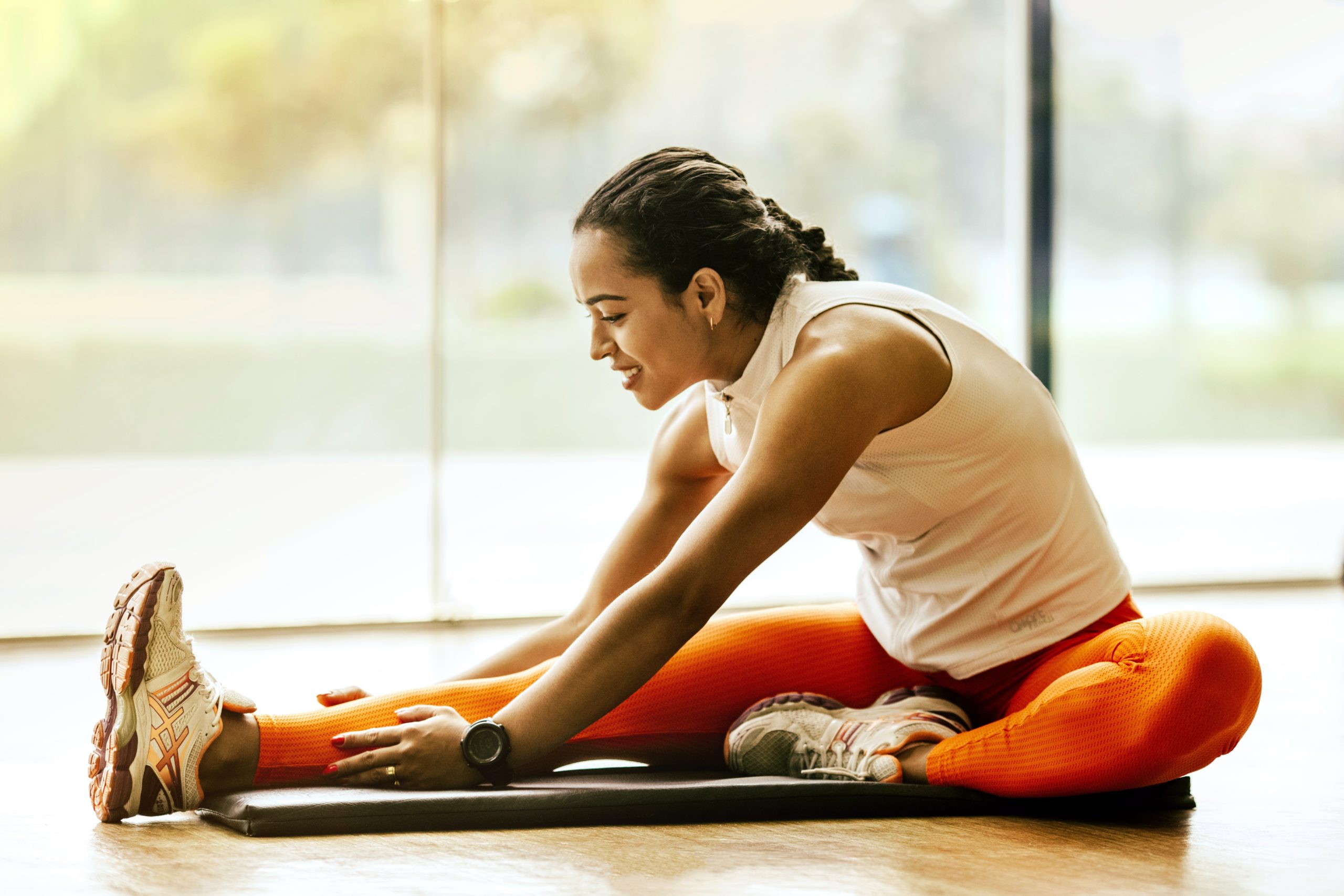
Image by Jonathan Borba, Pexels.com
Physical exercise can help reduce stress and anxiety, ‘improve impulsive control and reduce compulsive behaviour.’ It can also make the brain produce similar effects to AD(H)D medication by releasing ‘chemicals called neurotransmitters, including dopamine, which help with attention and clear thinking.’
Relaxation and meditation techniques also help people with AD(H)D ‘train their attention and focus better.’
7) Eat healthily and try to cut out certain foods

Image by Mikhail Nilov, Pexels.com
Try to avoid foods that are high in sugar and contain artificial flavours and colours because these tend to worsen AD(H)D symptoms in both children and adults.
Eat foods that are rich in protein such as lean meat, fish, ‘low-fat dairy products’ or vegetarian and vegan alternatives because protein helps the brain produce neurotransmitters. Protein can also help regulate blood sugar and reduce hyperactivity and impulsivity, likewise with complex carbohydrates such as whole grain rice, pasta and bread.
Omega-3 oils and vitamins and minerals such as B vitamins, multivitamin supplements, zinc, iron and magnesium can also help with AD(H)D symptoms.
8) Use AD(H)D-friendly cooking tips
If you struggle to cook, then you can invest in meal kit subscription boxes such as HelloFresh, Mindful Chef and Gousto in the U.K., although Jessica McCabe from the YouTube channel How to ADHD uses Blue Apron, which is only available in the U.S.A., in her ADHD Friendly Cooking Tips (Or, How to Not Start Kitchen Fires) video. They come with most of the ingredients you need as well as recipe cards with easy-to-follow steps (Blue Apron ones come with tick-boxes with each step or if you subscribe to HelloFresh you can use the app as you cook along and photographs of each step as well as the finished product.) If you go away on holiday, then you can skip the boxes.

Image by Kampus Production, Pexels.com
Whether you use meal kit subscription boxes or buy ingredients from the shop for cooking, some useful tips to follow include allowing more time than the overall preparation time says and filling the sink or sink bowl with hot soapy water for washing up as you go along and using a timer for preparation time and cooking time. If you buy ingredients from the shop, you can make meals where you cook everything together such as in a slow cooker/crock pot or on a large baking tray to make a sheet pan/traybake dinner. You can also use labels to keep track of when you open food items and you can write down their best before or use by dates.
9) Create a daily routine and make it enjoyable for you
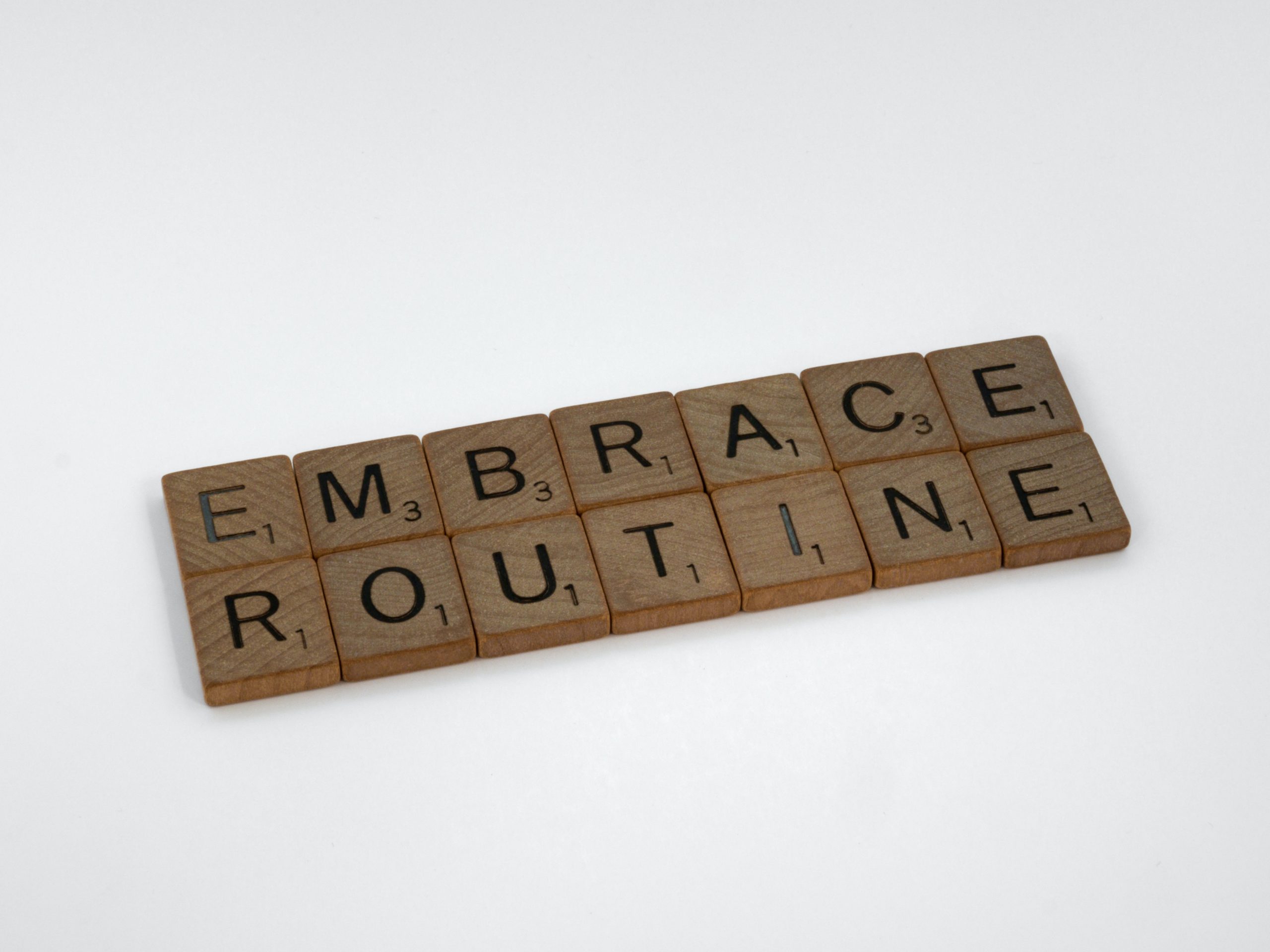
Image by Brett Jordan, Pexels.com
A good example of this would be checking your calendar and/or planner first thing in the morning so that you can check what you have planned for the day ahead.
In the evening, you can set aside time for having a bath or a shower and brushing your teeth. If necessary, you can prepare yourself for the day after such as packing your bag for school, college, university or work for instance.
10) Accept your reality

Image by Blue Bird, Pexels.com
Tell yourself that your life will be different from other people’s due to your AD(H)D. Life is about your feelings as well as setting goals and accomplishments. Try not to compare yourself to others and focus on your happiness before you think of doing anything else.
11) Visit PSYCHOM’s article about ADHD

Image by Andrea Piacquadio, Pexels.com
This is an insightful article for anyone who has questions about ADHD: https://www.psycom.net/adhd




